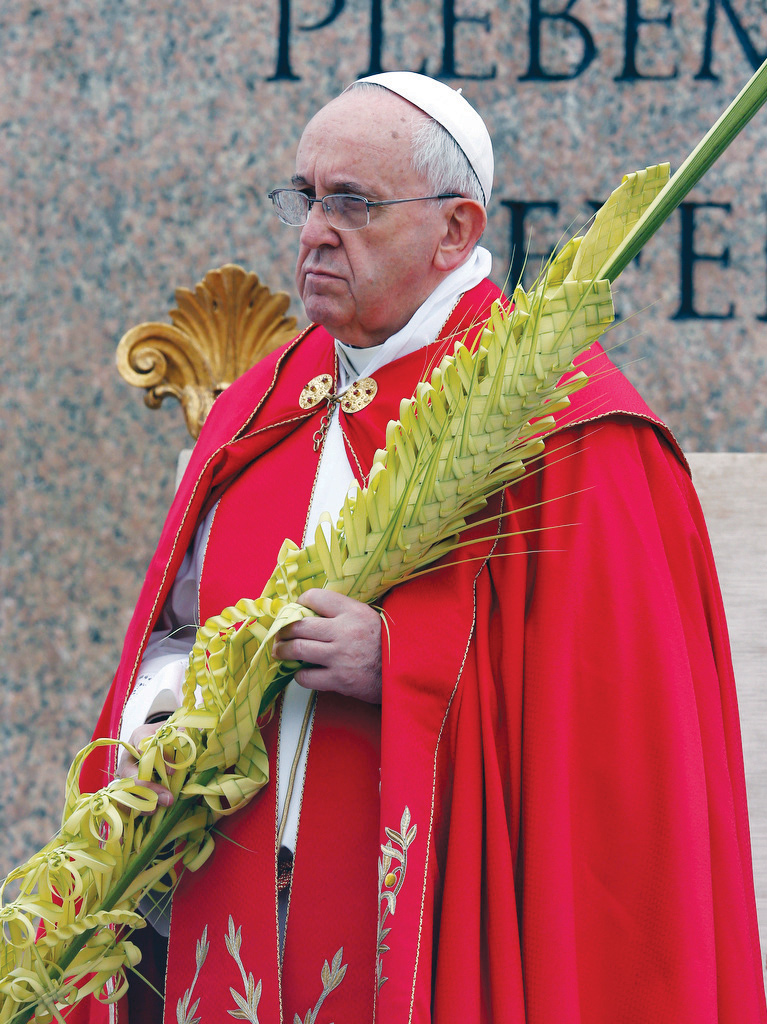
This Sunday begins Holy Week, the most sacred time of our Church’s liturgical calendar. From Palm Sunday onward to Easter Sunday, and most especially in the Sacred Triduum (Holy Thursday’s Evening Mass of the Lord’s Supper, the Celebration of the Lord’s Passion on Good Friday, and the Great Vigil of Easter on Holy Saturday evening), we see the central mysteries of our faith played out right before our eyes in our parish churches and chapels. We should make every effort to attend the Sacred Triduum and to fully immerse ourselves in the liturgies.
One way to do so is to put ourselves in the person of some of the people about whom we hear in the Gospels proclaimed this week.
When we really think about it, how would we have acted back in the time of Christ if we were a Scribe or a Pharisee? Would we have also opposed Jesus because he seemed to be going against the standard religious practice of his day? Would we have been one who tried to plot against Jesus to take him down, or would we have been one of the ones who heard the message of the Lord and understood that standing in our midst was the fulfillment of the hopes and dreams of the people of Israel? Would we be the one who shouted, “Crucify him, crucify him” or the one who said, “Well said, teacher”?
Can we see that each of us has a mixture of the good guy and sadly, the bad guy as well? Can we look into each person whom we encounter and see that, with God’s gracious help and our own cooperation with that grace, we are “not far from the Kingdom of God”? Pray for the grace to fully participate in Holy Week.
See Bishop DiMarzio’s Holy Week schedule here.
See the auxiliary bishops’ Holy Week schedules here.
Read Bishop DiMarzio’s letter about Reconciliation Monday, “What are You Sorry for?” here.
